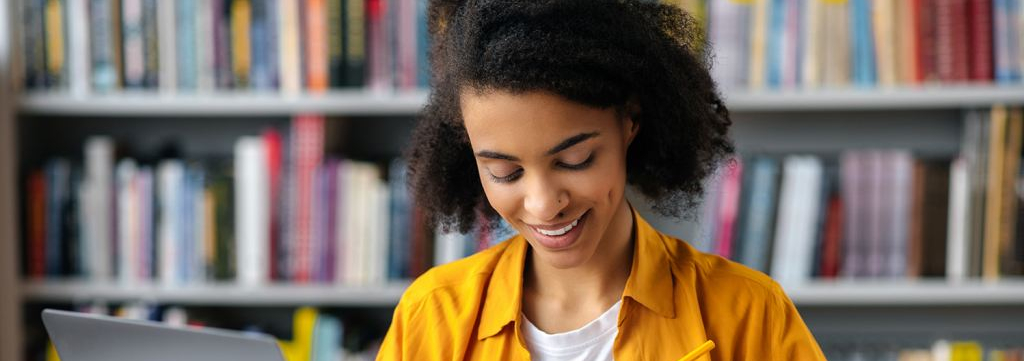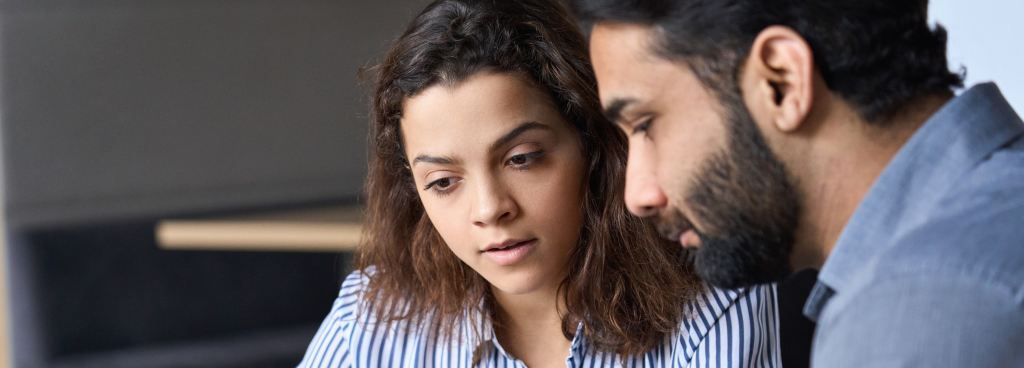When is it appropriate to send a thank-you note or email when applying to college? Students are likely to meet a variety of admissions officials when visiting colleges and attending college fairs, and while it’s not required, it’s a good practice to send a follow-up thank-you note.
For many students, the college admissions process is the first time they’re professionally communicating with adults. Students need to take charge of the process and establish lines of communication with teachers, counselors, admissions officials, and more in a courteous and professional style.
Why Write a Thank You Letter for Admission Acceptance?
Colleges want to see you accept an offer as quickly as possible. You can take time to think about your options, but be sure to respond to any offers as soon as possible. Thanking schools for accepting you into their program is also very important. Thanking the college for admitting me into their program is a great way to show your gratitude to them.
In addition to sending formal emails, it’s important to follow-up meetings and communications with a courteous “thank you” email or note. Not only does it show appreciation, but it can also demonstrate interest and show admissions officers you’re serious about attending a particular college and forming positive relationships with those involved with the institution.
Who to Send a Thank You Note
While you don’t have to send college admissions thank you notes or emails to every person you meet, it’s good to show appreciation to those who have taken time to meet you, answer questions, and address any concerns you have when applying to college. It might not be possible to keep up with every contact you’ve met, but here are some people to keep in mind when collecting contact information for follow-up communications – and send them a quick “thanks.”
Admission Officers You Met on a College Visit
If you attend an information session as part of your college visit, a current admissions officer will most likely lead your session. This is a good opportunity to get any questions you have answered by a person involved in the decision-making process. Many will provide their contact information for any follow-up communications, but if they don’t, be sure to ask for it. When you get home, follow up with a quick “thank you” email and ask any questions that may have come up after the session.
College Tour Guide
Also, during a college visit, see if you can get the contact information for the tour guide, often a current student. Many will offer their information in case you have any additional questions. Send a quick “thank you” email when you get home, and include any additional questions you have that you would like answered from the perspective of a current student.
Professors You Met on a College Visit
While admissions officers and campus tour guides are expected to interact with prospective students, many professors lack the schedule flexibility to accommodate every high school senior who visits the campus. If you’re able to arrange a meeting with a professor or sit in on a class, be sure to follow up with a thank you note or email. Express your gratitude for their time and ask any questions you may have thought of after the visit.
Representatives You Met at College Fairs
College fairs are a great way to learn a lot about colleges you may not have considered before and chat with a representative from those institutions. You can also meet representatives from your top-choice colleges and establish a line of communication. Make sure to get contact information for all the admissions officials you meet at college fairs, and follow up with a thank-you email. Tell them you appreciate their time and ask any additional questions you may have.
Admissions Interviewer
If you attend an interview as part of your application, make sure you send a follow-up thank you to the interviewer within 24-hours of your meeting. Since this is not their job, alumni interviewers must take time out of their day to meet with you, so show your appreciation for their time. It will also demonstrate your interest by showing your commitment to forming relationships with those associated with the university. It’s also a good practice for sending thank you notes and emails after internship and job interviews down the line.
Your College Counselor
College counselors work with a lot of students and spend a lot of time writing recommendations, reviewing applications and essays, meeting with students and parents, sending transcripts and other critical application materials, in addition to other tasks. Your college counselor spends a lot of time ensuring you’re best positioned to gain admission to your top-choice colleges, so be sure to say thanks for all their hard work.
Your Teachers and Recommenders
Writing recommendation letters takes a lot of time, and for teachers and other recommenders, it’s something they do in their spare time. Make sure you let them know how much you appreciate their time and effort in helping you apply to college. Even if you have a teacher that’s not writing a recommendation, but maybe helped you with some of your ACT or SAT prep, helped you bring up your grade in their class, or is just a great teacher you enjoy learning from, let them know you appreciate all they’ve done for you. A simple “thank you” can go a long way toward making someone feel appreciated during this busy time of year.
Your Parents
You don’t need to write them a formal “thank you” email, but be sure to let them know that you appreciate their help and guidance through the college admissions process! In the flurry of thank you notes, parents are often forgotten, so grab a simple card or just say “thank you” the next chance you get!
There’s a lot of stress during the college admissions process, but a lot to be thankful for as well. Don’t forget to show your gratitude to those who are helping you along the college application journey!
4 Tips on How to Respond to Acceptance Emails
According to NACAC’s most recent State of College Admission report, over 85% of admissions officers surveyed assigned some level of importance to teacher and counselor recommendations. Additionally, letters of recommendation and reference will continue to play a role in a student’s long-term ambitions as he or she applies for internships and jobs. In between plates of turkey and time with your family, hone your thank you note-writing skills this holiday season by implementing the top tips below.
#1 Personalize Your Writing
The most meaningful thank you notes are those that are thoughtful and touch on conversations and experiences that are specific to you and your recommender. Instead of copying and pasting the same few sentences, strive to write unique letters to each of the teachers and counselors that helped you throughout the college admissions process. Touch on the interactions that were most impactful to you and what you learned from a specific teacher’s class. Keep this sentiment in mind for an internship thank you note down the line and be sure to highlight what you learned from working with your supervisor when thanking him or her.
#2 Stay on Top of Timing
Most teachers and counselors will appreciate your thank you note regardless of when they receive it, but it is best to send letters of gratitude promptly to ensure it does not come off as an afterthought. If you’re still working on your college applications, aim to send teachers and counselors these notes about two weeks after submitting your applications so that your statement is as impactful as possible. If you’ve already submitted your applications, try to write these notes as soon as possible. Similarly, students writing thank you notes for internship supervisors should try to send them shortly after their last day as an intern.
#3 Reference the Bright Future
Did your biology teacher inspire you to pursue a pre-medical track in college? Or maybe your school counselor recommended an after-school extracurricular activity that turned into a true passion? Show your teacher or counselor just how meaningful their advice was by emphasizing how you plan to use their guidance when you arrive at college. As a future student, referencing your future plans also provides you with an opportunity to share your contact information, if you are interested in keeping in touch after high school. While it may not always be necessary for high school teachers, strive to stay connected with each of your internship supervisors so you can reach out to them as references during your future job search.
#4 Medium Matters
Make a conscious decision about whether you wish to send a handwritten thank you card or an emailed note. While there is nothing wrong with a digitalized version, a paper note can be a more sentimental choice, especially if you were particularly close with a counselor or teacher. Whatever medium you choose, the writing should be clean and professional. Avoid hard-to-read fonts or sloppy handwriting and give yourself time to proofread each sentence before sending it out. Similarly, if you choose a handwritten card, pick one that is aesthetically appealing without being over-the-top or silly. Save cartoons, pop-outs, and sarcastic captions for friends and family.
Filling out thank you notes during a holiday that is all about being grateful is a festive way to stay on top of your application timeline. It also shows your appreciation for those who have helped you throughout high school and continue to guide you through the college admissions process. A little bit of gratitude goes a long way and can help bring some joy to a busy teacher or counselor’s day.
If you need help putting the finishing touches on your applications or making a checklist, don’t be afraid to reach out for help. Our team of expert admissions counselors can offer guidance and help students navigate the admissions journey from start to finish. Click here to learn more about our college counseling services for high school seniors!




